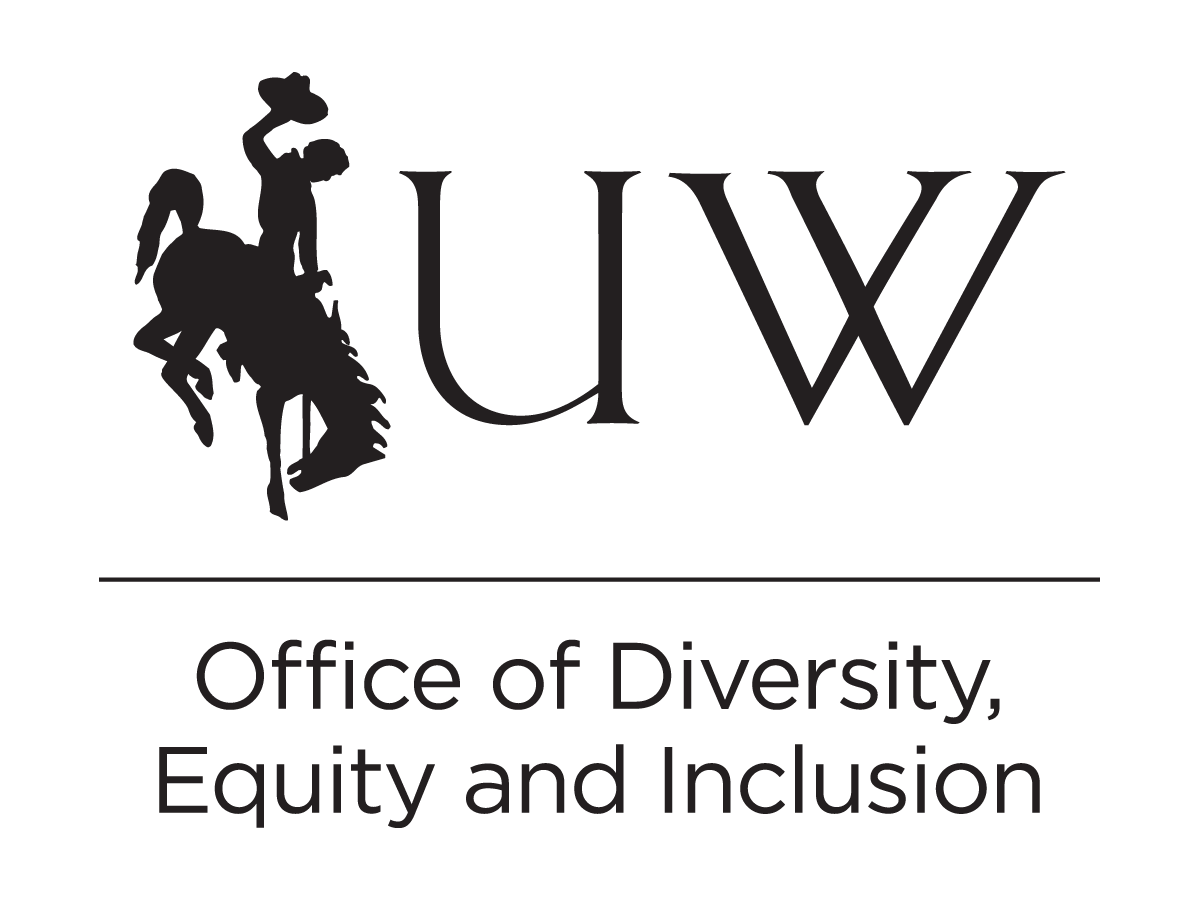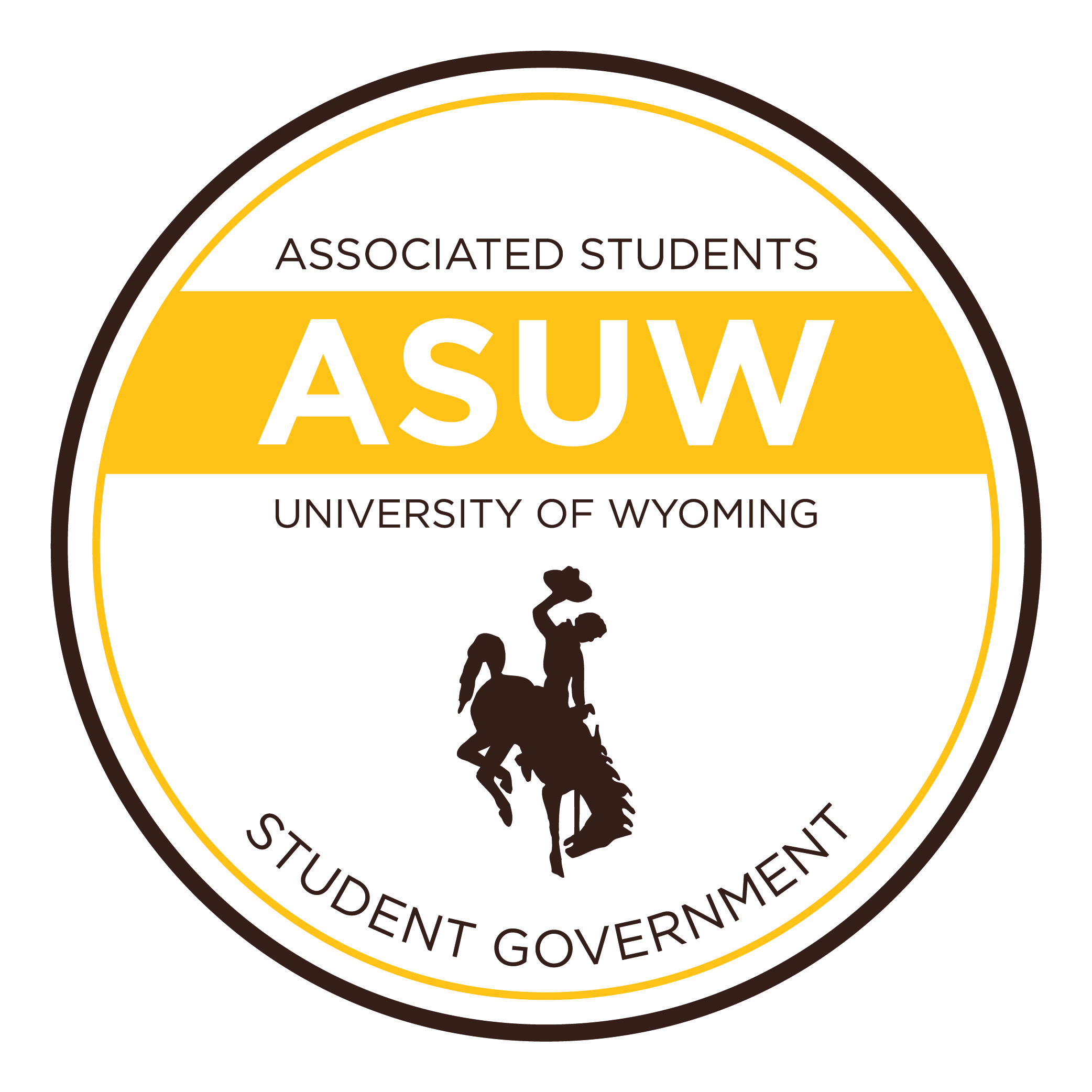Fifty-five percent of Wyomingites believe climate change is happening, but only 42 percent believe it is anthropogenic, or caused by humans, according to a recent Yale study. Only one state, West Virginia, had a lower percent report a belief in climate change and no state had a lower percent report believing that climate change was human-caused.
Climate change is debatable- By Andrew Server
While many members of the UW population agree with the notion of anthropogenic, or man-made, climate change, many also disagree with the 42 percent presented in the Yale study, and think there is no consensus on the issue.
For Heather Roecker, vice president of the College Republicans at UW, the issue is far from decided..
“First of all, it’s argued by many that there is no consensus on global warming and/or climate change,” Roecker said. “There are many scientists and academics out there who not only agree that there is no consensus, but they are stifled by the popular media.”
Roecker said the reason we seldom hear about science and studies against anthropogenic climate change are systematic.
“Whenever they attempt to vocalize their opposition and their own studies, they are shut down and labeled deniers and skeptics by that popular media and prominent political people like Al Gore,” she said.
Roecker also said the behavior of political figures like Al Gore is contradictory to their message.
“I don’t think it’s fair that he tells Americans that we must make changes in our lifestyles while he ferries around in a private jet and does all the things that he accuses us of being guilty of,” Roecker said. “It’s hypocritical.”
Roecker is not wrong. Some scientists, academics and politicians claim climate change is not anthropogenic. Marc Morano, former staff member of the U.S. Senate Environment and Public Works Committee, presented a list on his website, climatedepot.com, of over 1,000 scientists and academics who disagree with the anthropogenic claims of the United Nations Intergovernmental Panel on Climate Change.
The Heartland Institute, a nonprofit research organization with the mission “to discover, develop, and promote free-market solutions to social and economic problems,” according to their website, assembled a list of 58 scientists and academics across the world who do not share the consensus of the scientific community on climate change.
The list is compiled on a pamphlet available on their website from November 2014. Scientists and academics such as meteorologist Thomas Wysmuller and Craig Loehle, a member of the National Council for Air and Stream Improvement, are listed on the pamphlet.
McKenna Hauschild, a UW junior in the College of Engineering and Applied Sciences believes that there is indeed dispute over the anthropogenic aspect of climate change.
“I believe that there is a lot of science and scientific studies on both sides of the argument,” Hauschild said.
Hauschild said she believes there is no need to take a proactive approach on the issue of global climate change, as it is not an immediate threat to the nation.
“It likely does not pose an immediate threat or even a moderately immediate threat to the nation since its existence is so widely disputed,” she said. “We probably have a mild impact on the existence of global warming, but turning away from industrialization as well as undoing much of the constructs industrialization has made in the past centuries will reduce our impact very slightly over a very long period of time.”
Climate change is man-made- By Jeff Victor & Sariah Kendall
While Wyoming is divided on the issue of climate change, science is not. According to a report published by NASA, 97 percent of climate scientists agree, “climate-warming trends over the past century are very likely due to human activities.”
Some graduate students at UW said they count themselves among this 97 percent.
“Most of the typical arguments you hear about alternative explanations for climate change are pretty easily debunked based on the actual data and the evidence,” Ryan Haupt, a phD student in the department of geology and geophysics, said. “The scientists are always going to go with what the data tells them.”
Haupt said one issue holding the public back from accepting climate change was that scientists are unable to point to specific disasters and say global warming definitely caused them.
“They’re looking for a certainty that science doesn’t provide,” he said. “Science provides probable answers, it doesn’t provide cut-and-dry, black-and-white answers.”
“I think a lot of times, scientists are under pressure to get results and put it out there,” Jackson Clarendon, president of the Environment and Natural Resources Club, said. “There’s very little communication between people who are doing science and the general public. But communication is overall lacking.”
Regardless of public opinion the past several decades of oceanic data show a rise in sea levels due to melting ice, warmer average temperatures, deeper droughts and changes to the ecosystem. The evidence strongly indicates that human activities have caused these changes.
“Those alternate explanations have some merit, but they don’t explain climate change as well as the CO2 story,” Charles Nye, another graduate student from the geology and geophysics department, said. “Science is about finding the best explanation.”
Nate Maier, a graduate student like Nye and Haupt, said that Wyoming’s dependence on fossil fuels could generate willful ignorance of the science.
“Because there’s so much money involved in fossil industries and how we have our energy system set up, it can become a very political issue,” Maier said. “As far as the science goes, there’s just a lot of misinformation out there and it’s kind of directed at creating that confusion.”
But Bryan Shuman, associate professor of geology and geophysics, said people who think they stand to lose from climate change especially could not afford to deny it.
“Unfortunately, people confuse accepting the science of climate change with supporting certain political solutions that they may not agree with,” Shuman said. “Misinformation will get overruled by people’s experience of the changes, but by then it will be too late to make up for missed opportunities. It will be too late to minimize many problems and costs.”
Connie Wilson, organizing representative for the Wyoming division of the Sierra Club also said a fossil-fuel dependent state like Wyoming would benefit from accepting the notion of human-made climate change.
“We’re downright foolish if we think we can keep the rest of the world out,” she said. “In Wyoming, we have a choice: we can pretend like this isn’t happening and be in denial or we can recognize that it’s happening and do our best to plan for it.”
![Photo courtesy of: climatedepot.com Figure 3 shown here Predicts temperature change, January 2005 to March 2015, at a rate equivalent to 1.7 [1.0, 2.3] Cº/century (orange zone with thick red best-estimate trend line), compared with the near-zero observed anomalies (dark blue) and real-world trend (bright blue), taken as the mean of the RSS and UAH satellite lower-troposphere temperature anomalies.](https://i0.wp.com/www.uwbrandingiron.com/wp-content/uploads/2015/04/Global-Warming.jpg?resize=640%2C295)
Figure 3 shown here Predicts temperature change, January 2005 to March 2015, at a rate equivalent to 1.7 [1.0, 2.3] Cº/century (orange zone with thick red best-estimate trend line), compared with the near-zero observed anomalies (dark blue) and real-world trend (bright blue), taken as the mean of the RSS and UAH satellite lower-troposphere temperature anomalies.

![Photo courtesy of: climatedepot.com
Figure 3 shown here Predicts temperature change, January 2005 to March 2015, at a rate equivalent to 1.7 [1.0, 2.3] Cº/century (orange zone with thick red best-estimate trend line), compared with the near-zero observed anomalies (dark blue) and real-world trend (bright blue), taken as the mean of the RSS and UAH satellite lower-troposphere temperature anomalies.](http://www.uwbrandingiron.com/wp-content/uploads/2015/04/Global-Warming.jpg)

